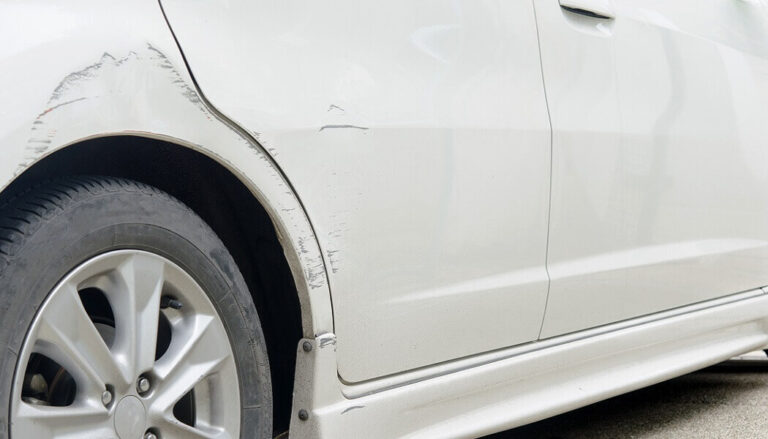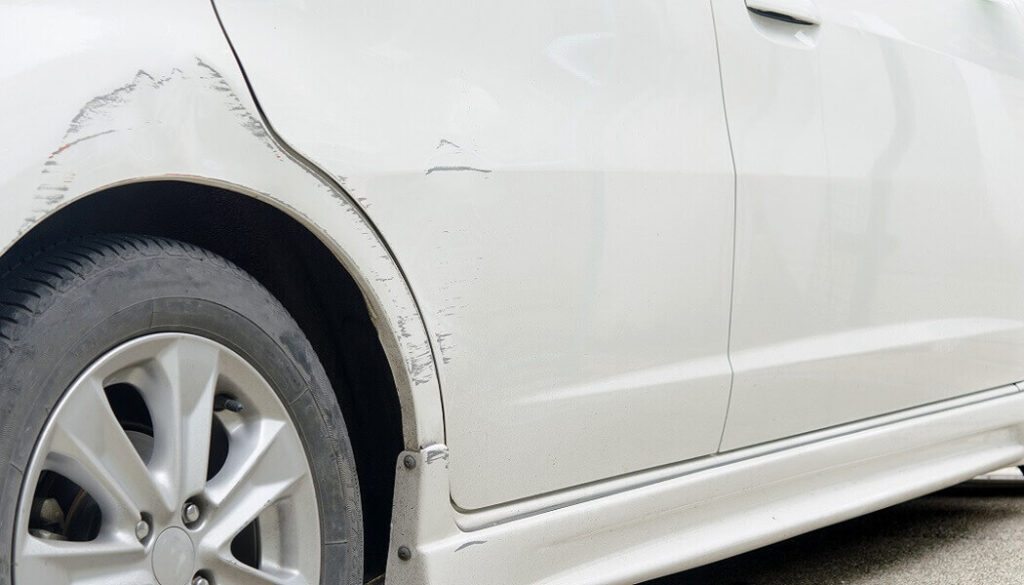
What Happens if You Paint a Car without Primer?
Have you ever wondered what would happen if you painted your car without applying primer? As any car enthusiast would know, the process of painting a car involves several steps, and one important step is applying a coat of primer.
But in some certain conditions, a few questions come in mind; can you paint a car without primer? What happens if you paint a car without primer?
While it is possible to paint a car without primer, it’s not advised. Without primer, the paint may not stick properly to the surface, leading to uneven finishes and potentially damaging the car’s beauty.

In this article, we’ll delve into the consequences of skipping the primer step and whether or not it’s possible to paint a car without it. So, let’s dive in!
The Role of Primer in Car Painting
Primer is the first coating that we need to apply on the surface before starting our main painting task. Its primary function is to provide a smooth and even base for the paint. A primer plays a great role in car painting project. Check the points below.
1. A primer enhances the adhesion of the paint to the car’s surface. This means that the paint will stick better to the car. As a result, we will achieve much better and satisfactory result.
2. The primer can also help to smooth out any imperfections on the car’s surface, such as scratches or dents. This ensures that the final paint job is smooth and even.
3. A primer can also protect the car’s surface from corrosion. This is particularly important in areas where the car is exposed to moisture, such as the undercarriage.
4. By providing a consistent base, a primer can improve the coverage of the paint. This means that fewer coats of paint are required, resulting in a faster and more efficient painting.
Can You Paint a Car without Primer?
While it is generally possible to paint a car without primer, it’s not wise due to the risks of poor adhesion, rust and corrosion, and an unsatisfactory finish. To make a paint job successful, we should definitely apply primer.
The primer acts as a barrier between the metal and the paint, preventing moisture and air from reaching the metal and causing it to rust. If anyone skips this process, he will actually damage the car’s structural integrity.
Furthermore, some types of paints may require a specific type of primer to achieve the desired finish. Therefore, it’s crucial to choose the appropriate primer for the paint you intend to use.
Can You Paint over Existing Car Paint without Primer?
Painting over existing car paint without a primer is not a good idea. Primer works as a bridge between the old and new layers of paint. Without it, the new paint may not adhere properly to the auto surface, resulting in flaking and peeling.
Primer creates a uniform surface that allows for a smooth application of the new paint. It helps to prevent rust and corrosion from forming on the metal surface of the car. Rust is a common issue that can cause extensive damage to the car’s bodywork, leading to costly repairs.
To achieve a long-lasting finish, using a primer before painting over existing auto paint is necessary. By doing so, you can ensure that the new paint adheres properly, providing a nice finish.
Can You Spray Base Coat on Car without Primer?
Spraying base coat on a car without applying primer beforehand is not a wise practice. The primer prepares the surface in a way that the base coat sets properly.
By avoiding the primer, the base coat may not bond correctly, leading to uneven coverage. This could result in a paint job that looks unpleasant and is prone to damage. Furthermore, the lack of a primer can also negatively impact the durability of the paint job.
What Happens if You Paint a Car without Primer?
Painting a car without primer can cause numerous issues. Primer provides a protective layer for the car’s body against rust, corrosion, and other environmental factors. Let’s explore the problems that can arise when painting a car without primer.
Poor Adhesion: Without primer, the paint will not stick properly to the car’s surface. This could lead to the paint peeling, cracking, or chipping, creating a rough and uneven appearance.
Corrosion: Primers contain chemicals that protect the car’s body from rust and corrosion. Without a primer, the metal can be exposed to moisture, which can lead to rust and corrosion. This will weaken the car’s structure and decrease its lifespan.
Uneven Surface: Painting a car without primer can result in an uneven surface. Different areas may absorb the paint differently, causing an unprofessional finish.
Time-consuming: Painting a car without primer requires more time and effort. You may need to apply multiple coats of paint to achieve a smooth finish, which can be time-consuming and costly.
Decreased Resale Value: A car painted without primer can show signs of wear and tear, decreasing its resale value. This can make it less attractive to potential buyers.
How Primer Affects the Final Result in Car Painting?
The application of primer in car painting is a key step that can significantly influence the final outcome. Primer is a specialized type of paint that is applied before the topcoat to prepare the surface for painting.
An excellent quality primer provides a smooth surface for the topcoat, leading to a seamless finish. Moreover, it aids in hiding any imperfections on the car’s surface such as dents and ensures that they do not appear in the final outcome.
On the other hand, using low-quality primer can cause numerous issues with the final result. It may not adhere correctly to the surface, causing the topcoat to peel or flake off.
In essence, using a high-quality primer and following the proper application procedure is essential to achieving optimal results when painting a car.
Primer need to be sprayed before painting your car? Watch it:
Why Some Users May Want to Skip Primer?
There are a few reasons why some users may want to skip using a primer before painting.
Time constraints: Using a primer adds an extra step to the painting process, which can be time-consuming. Some users may want to avoid using a primer to save time.
Cost: Depending on the type of primer used, it can add an additional cost to the painting project. Some users may want to skip using a primer to save money.
Surface type: In some cases, a primer may not be necessary if the surface being painted is already in good condition and has a clean, dry surface. For example, if painting a previously painted surface that is still in good condition, a primer may not be necessary.
Note: Keep in mind that using a primer before painting can have several benefits. A primer can help improve adhesion, prevent stains, and provide a consistent base color, among other things. Without using primer, the final painting will be less durable and less professional-looking.
Is There Any Benefits of Not Using Primer on Car?
No, there are no benefits to painting a car without primer. In fact, primer is an essential step in the painting process. Without primer, the paint may peel or chip off easily. Additionally, primer can help to prevent different types of damage to the underlying metal surface of the car. Avoiding the primer can lead to unsightly paint job that will not last as long as it should.
Final Words
It is clear that using primer before painting a car is an essential step in ensuring a successful and long-lasting paint job. It may add an extra step to the process, but the benefits of using primer far outweigh any potential drawbacks. Taking the time to properly prep the car’s surface with primer will result in a smoother, more durable, and more attractive finish that will stand the test of time.
